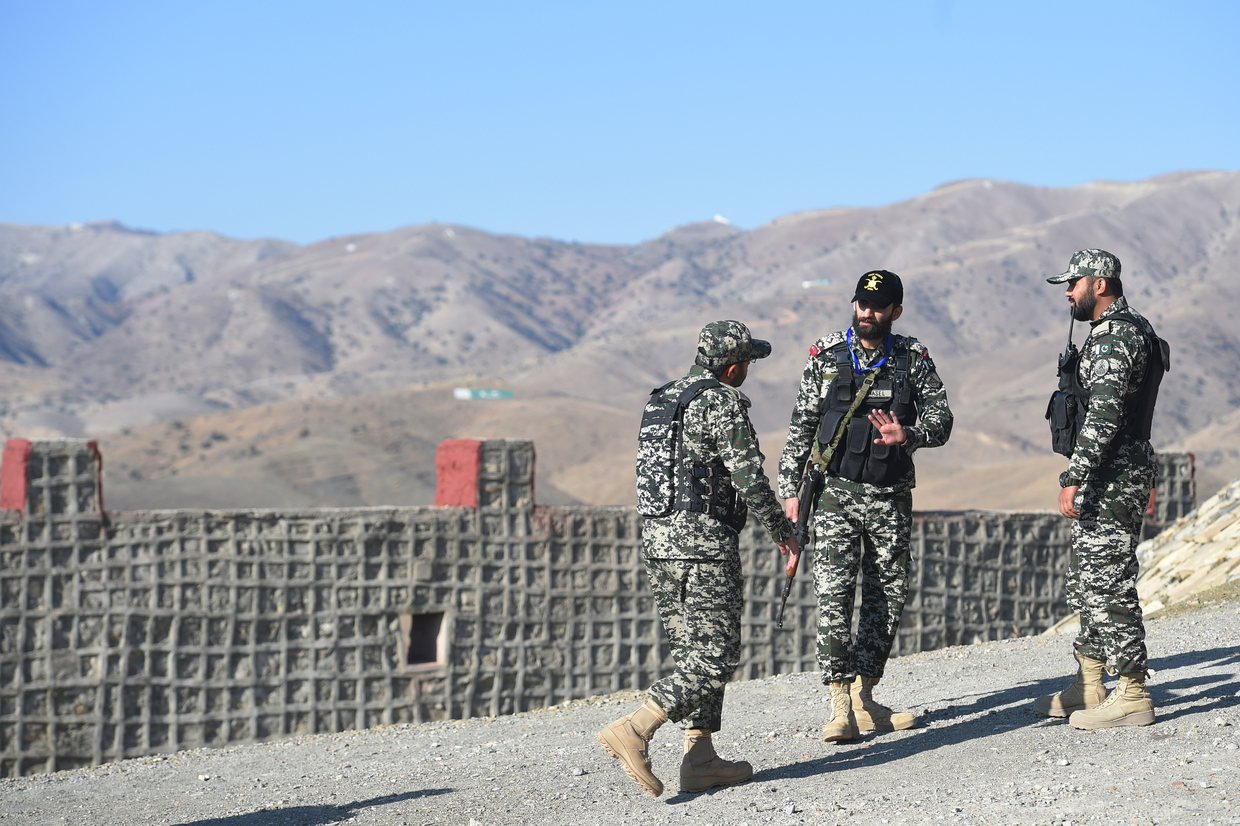
Shishir Upadhyaya
is a former Indian Naval Intelligence Officer, PhD.
RT/Moscow: Barely a year after the Trump administration suspended military training for Pakistan, the US government has approved resumption of Pakistan’s participation in its International Military Education and Training Program, or IMET.
In 2018, US President Donald Trump signaled his decision, blindsiding the State Department, in a tweet squarely blaming Pakistan for failing to crackdown on terrorist groups in their country and providing “nothing but lies and deceit.”
That decision was rolled back by the end of the year – as Pakistan’s strengthening relations with Russia and China threatened to sideline American influence.
Defense training as a Policy Instrument
Defense training is a useful policy in the long term that helps to cultivate potential military leaders and influencers, particularly in military dominated states such as Pakistan. Trump’s decision to cut-off military training assistance for Pakistan appears to have raised concerns in the State Department over loss of influence in the country, carefully cultivated through years of defense cooperation and training provided to a generation of military officers who trained at various defense establishments in the United States. This move to resume the IMET is clearly an attempt to restore American strategic influence in Pakistan.
Significantly, this comes at a time when the United States government is reviewing training for foreign personnel on American soil, following a recent incident involving a Saudi Royal Air Force officer who opened fire in a classroom at Pensacola Naval Air Station in Florida, killing three American sailors and wounding eight other people, before being shot dead by police. This factor could possibly weigh against the government’s decision when it comes up for a vote in Congress. However, the military establishment in the United States, which has always tried to insulate military-to-military engagements from political tensions, regards that long-term benefits of defense cooperation that could potentially build mutual trust outweigh short-term political risks.

ATTENTION READERS
We See The World From All Sides and Want YOU To Be Fully InformedIn fact, intentional disinformation is a disgraceful scourge in media today. So to assuage any possible errant incorrect information posted herein, we strongly encourage you to seek corroboration from other non-VT sources before forming an educated opinion.
About VT - Policies & Disclosures - Comment Policy



